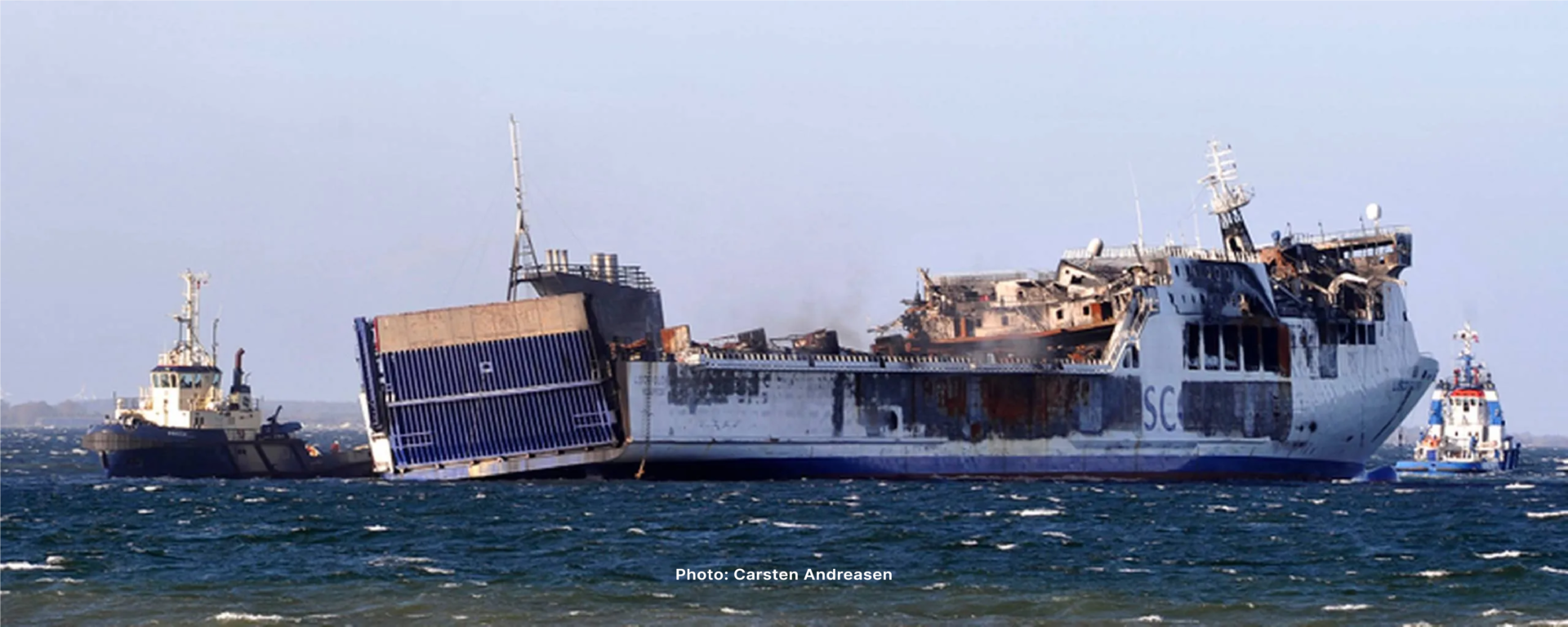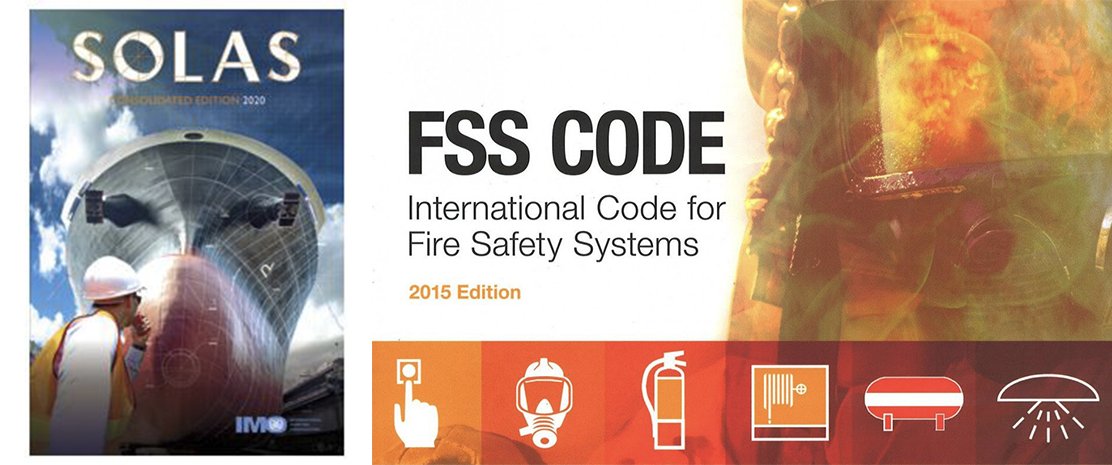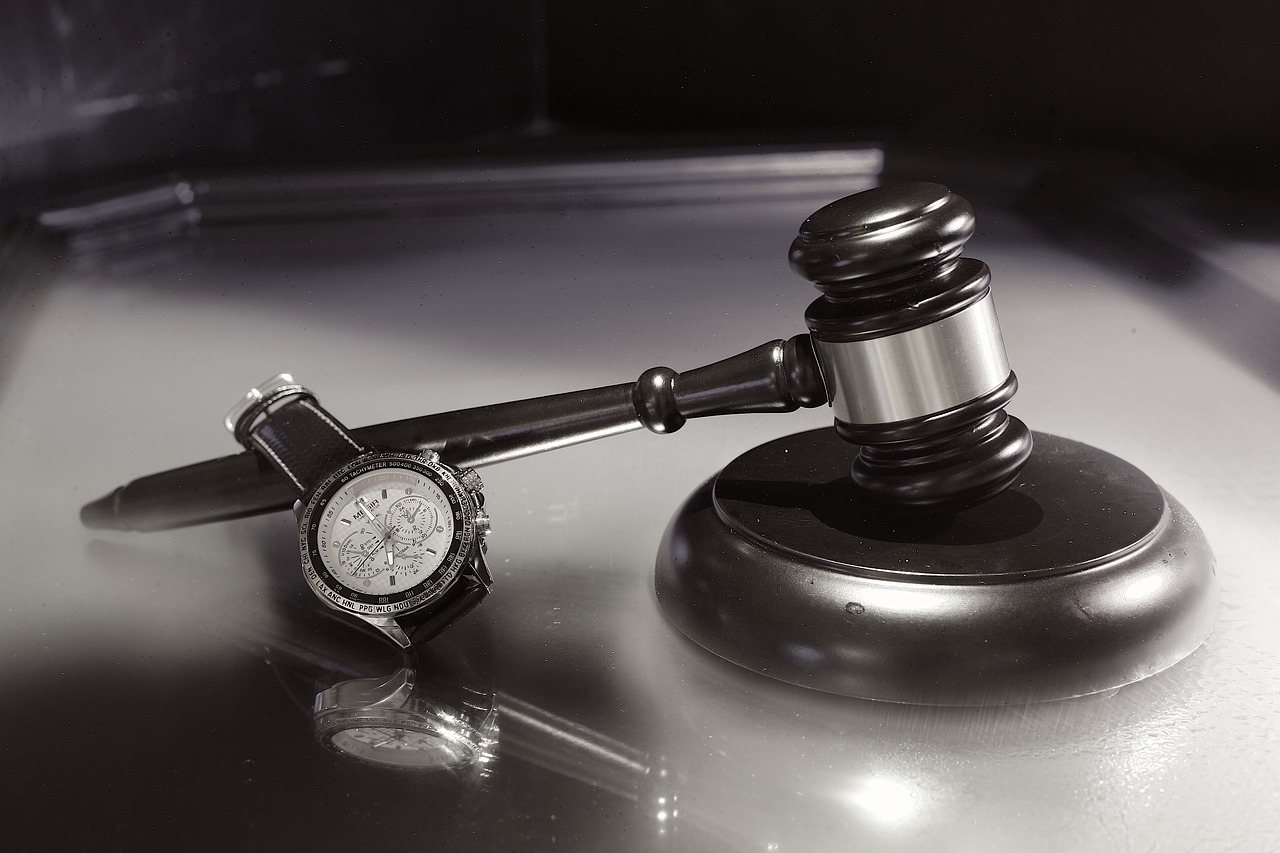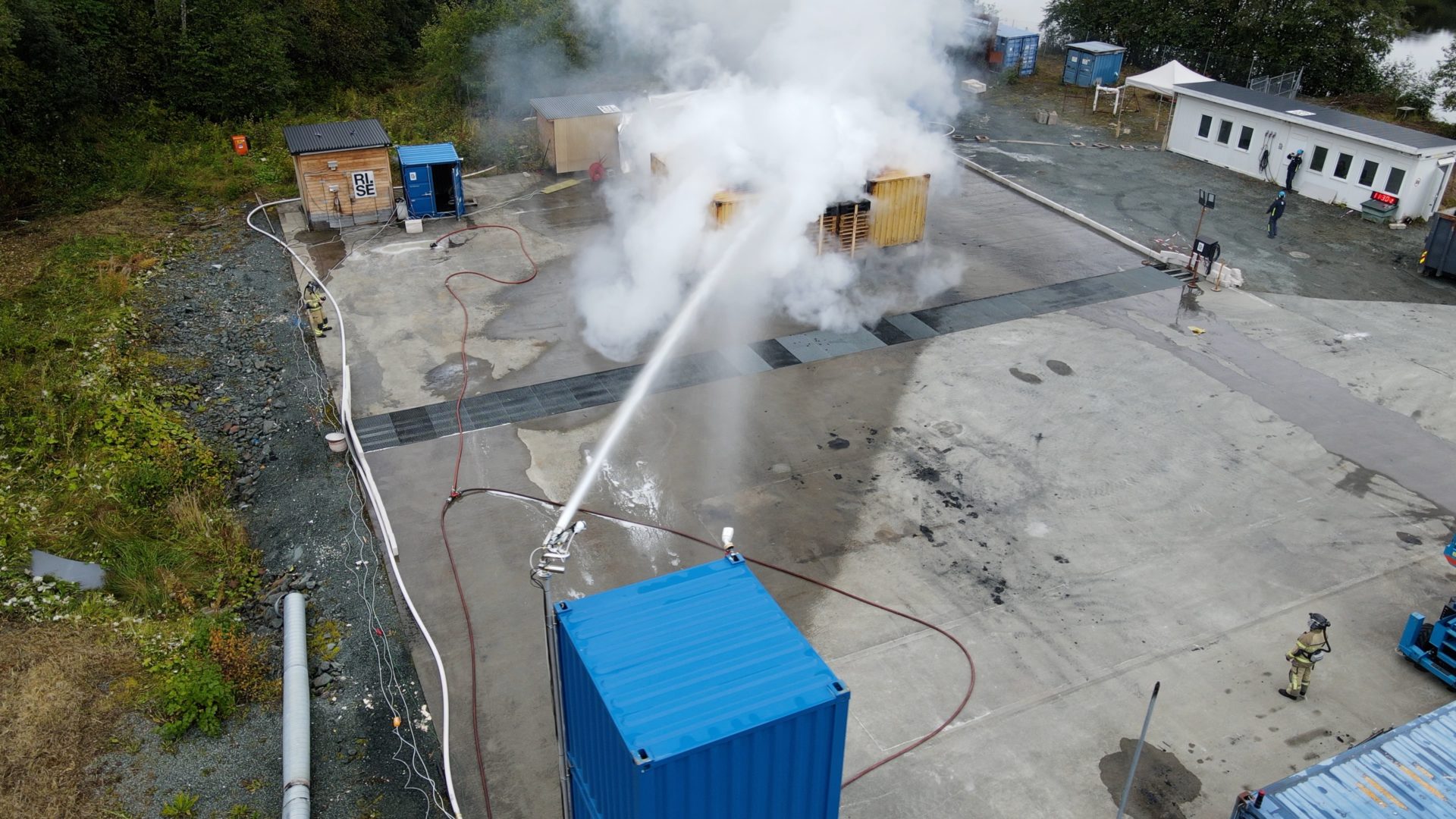
Enhancing Weather Deck Fire Safety: New SOLAS Regulations & Autonomous Fire Monitors
Introduction
This article briefly discusses newly-approved (June 2023) SOLAS Regulations and FSS Code which will require existing and new build ro-ro passenger ships to protect the weather deck with fire detection and fire monitors.
We also discuss the enormous benefits of Autonomous Robotic Fire Suppression (ARFS) systems, which not only meet the SOLAS and FSS Code requirements, but also, for a nominal additional cost, can commence fire suppression in seconds, dramatically lower risk of loss of life and property.
New SOLAS & FSS Code Requirements
Fires on weather decks of ro-ro passenger ships have proven to be disastrous, leading to numerous deaths and even total vessel loss. The significant risk of rapid spread of fire necessitates early detection and immediate suppression efforts. Delaying detection or suppression drastically increases the risk of an uncontrollable and catastrophic fire.

In recognition of the significant risk and effect of weather deck fires, new SOLAS regulations & Fire Safety Systems (FSS) Code were approved in June 2023 (New SOLAS Chapter II-2 Part G, Regulation 20 paragraphs 4, 5 and 6). These new requirements mandate that ro-ro passenger ships protect the weather deck with fire detectors and fire monitors. This will apply to both existing and new build ships, as follows:
- ro-ro passenger ships built before 1 January 2026, should be protected by fire detectors and shall be protected by fire monitors, and they must comply by their first audit on or after 1 January 2028; and
- ro-ro passenger ships built on or after 1 January 2026 shall protect the weather deck with fire detectors and fire monitors.
Strict Compliance May Not Be Enough
Fire grows exponentially. With each passing second, the chances of controlling and containing the blaze decreases dramatically. That’s why it’s crucial to detect a fire as soon as possible and begin suppression efforts immediately. Every moment of delay in detection or suppression greatly increases the risk of a catastrophic and uncontrollable fire.
The combination of fire detectors and remote control fire monitors are proven to significantly enhance fire safety. The newly-approved SOLAS regulations set minimum safety standards for ships, but they do not cover every possible scenario or hazard that may arise during a voyage.
The duty of care of a ship operator includes ensuring the safety of passengers and crew on board the ship, and providing adequate fire safety measures is a reasonable expectation, regardless of regulations.

As a result, ship operators may have a duty to take reasonable steps beyond those specifically mandated under SOLAS regulations and FSS Code. Failing to take reasonable measures to protect the weather deck from fire, taking into account modern equipment for the job, could potentially result in civil liability even when complying with SOLAS & the FSS Code.
Benefits of Autonomous Robotic Fire Suppression (ARFS) systems
Autonomous Robotic Fire Suppression systems (also referred to as autonomous fire monitor systems or automatic water cannons or autonomous fire suppression systems) combine fire detection and fire suppression and modern electronic hardware and software that guides the fire monitor to accurately target and suppress a fire when detected.
ARFS systems have a remarkable response time, typically suppressing fires in under 15 seconds. This swift suppression is crucial for successful firefighting. They accurately track and locate the fire, intelligently directing the water or foam stream to effectively contain it. Reliable systems, such as Unifire’s FlameRanger™, offer a very low risk of false alarms, even during loading and unloading, through the selection of appropriate fire detection technology and the requirement of alarm signals from independent fire detectors.

Additionally, ARFS systems can be remote controlled by a human operator at any time, providing the benefits of remote control fire monitors with extremely fast autonomous fire suppression capabilities.
ARFS systems bring the benefits of not only comply with the new SOLAS requirements and FSS Code with the fire detection and fire monitors, but, crucially, they also react extremely quickly to suppress a fire. In numerous scientific fire tests conducted by LASH FIRE, for example, the FlameRanger ARFS system, manufactured by Swedish company Unifire AB (https://unifire.com), consistently and accurately suppressed fires in under 15 seconds from ignition. (See, for example: Ro-Ro Weather Deck Fire Suppression https://youtu.be/u9NX8cDL88Y.)
Moreover, ARFS systems cost little more than the detectors and fire monitors themselves because they primarily only additional software to process the signals from the detectors and guide the fire monitor. This makes autonomous fire monitor systems the natural and best choice for the protection of ro-ro passenger ship weather decks.
Conclusions & Recommendations
For ships built before January 1, 2026, weather decks must be equipped with fire detectors and fire monitors as per the new SOLAS Chapter II-2, Regulation 20 requirements. They should also be covered by fire detectors according to the Interim Guidelines (MSC.1/CIRCULAR.1615) issued on June 26, 2019. Compliance for these ships must be achieved by the first audit on or after January 1, 2028.
For ships built on or after January 1, 2026, weather decks must comply with the new SOLAS Chapter II-2, Regulation 20 requirements and the FSS Code, necessitating fire detectors and fire monitors.
When planning for compliance, it is recommended to adhere to the LASH FIRE study’s recommendations, which go beyond the newly-approved amendments (see: Weather deck fire monitors: LASH FIRE insights in light of anticipated new SOLAS requirements, International Fire Fighter Magazine 02/03/2023).
Because autonomous Robotic Fire Suppression systems bring at a low additional cost the crucial benefit of extremely fast fire suppression intervention, they are highly recommended for the protection of ro-ro passenger ship weather decks. Implementing such systems on weather decks can substantially enhance fire safety, for a relatively low additional cost beyond the now mandatory detectors and fire monitors alone.
By prioritizing weather deck fire safety and embracing autonomous systems, ship operators can ensure compliance with regulations, reduce the risk of fire-related incidents, and safeguard lives, property, and potential legal liabilities.

Author: Roger Barrett James, July 16, 2023